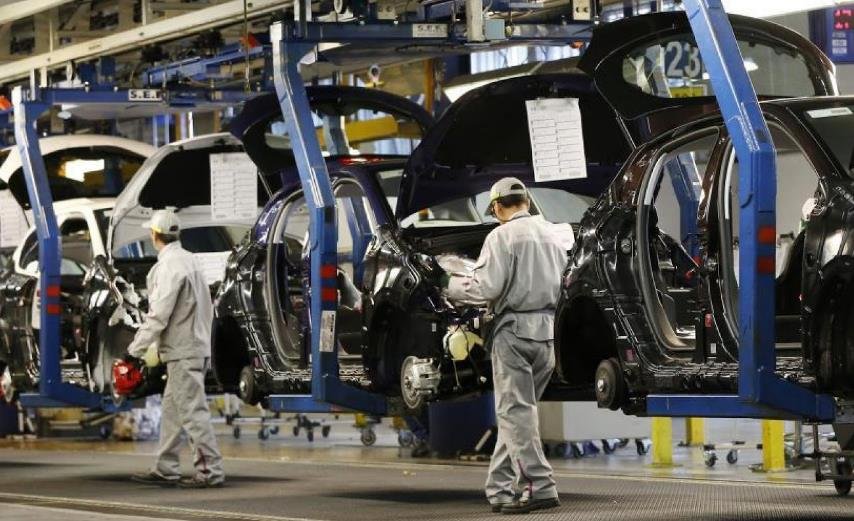Morocco’s automotive sector has witnessed a remarkable performance in 2023, reaching a new milestone in its exports and production. The North African country has become a leading hub for the global auto industry, attracting major investments and creating thousands of jobs.
According to the latest data from the Moroccan Association of Automotive Industry and Trade (AMICA), Morocco exported $13 billion worth of vehicles and components in 2023, a 30% increase from 2022. This represents 43.5% of the country’s total exports and 13.8% of its GDP.
Morocco’s automotive exports have grown steadily over the past decade, from $2.1 billion in 2013 to $13 billion in 2023. Morocco has surpassed South Africa as the largest exporter of vehicles in Africa and ranks among the top 15 exporters in the world.

The main destinations for Morocco’s automotive exports are Europe, especially France, Spain, Italy, and Germany, as well as the Middle East and North America. Morocco’s main export products are passenger cars, light commercial vehicles, wiring harnesses, seats, batteries, and other components.
Morocco Produces Over One Million Vehicles in 2023
Morocco has also achieved a remarkable feat in its vehicle production, surpassing the one million mark for the first time in 2023. Morocco produced 1,027,000 vehicles in 2023, a 25% increase from 2022. This makes Morocco the second largest producer of vehicles in Africa, after Egypt, and the 18th largest in the world.
Morocco’s vehicle production is mainly driven by the two major plants of Renault and PSA Group, which are located in Tangier and Kenitra respectively. These plants have a combined annual capacity of 800,000 vehicles and employ over 20,000 workers. They produce models such as the Renault Dacia Sandero, Logan, and Dokker, and the Peugeot 208, 2008, and Citroen C3.
Morocco also hosts several other vehicle manufacturers, such as BYD, Volvo, Fiat, and Hyundai, as well as hundreds of suppliers and subcontractors. Morocco’s automotive ecosystem covers the entire value chain, from design and engineering to assembly and logistics.
Morocco Attracts Major Investments and Creates Thousands of Jobs in the Auto Sector
Morocco’s automotive sector has benefited from a favorable business environment, a strategic geographic location, a skilled and competitive workforce, and a strong support from the government1. Morocco has implemented several policies and incentives to attract foreign direct investment and promote local content and integration in the auto sector.
Morocco has also signed several free trade agreements with key markets, such as the European Union, the United States, Turkey, and several African countries, which give Morocco preferential access and reduced tariffs for its automotive exports.
As a result, Morocco has attracted major investments from global auto giants, such as Renault, PSA, Ford, Volkswagen, and Toyota, as well as leading suppliers, such as Bosch, Valeo, Delphi, Lear, and Magneti Marelli. Morocco has also developed several industrial zones and clusters dedicated to the auto sector, such as the Atlantic Free Zone, the Tangier Automotive City, and the Kenitra Automotive City.
Morocco’s automotive sector has also created thousands of jobs and contributed to the social and economic development of the country. According to AMICA, the auto sector employs over 250,000 people directly and indirectly, and supports over 600,000 households. The auto sector also accounts for 7% of the country’s tax revenues and 5% of its social security contributions.
Morocco’s automotive sector has become a model of success and a source of pride for the country and the region. Morocco aims to further consolidate its position as a leading auto hub and to increase its exports and production to $20 billion and 1.5 million vehicles by 2025.
